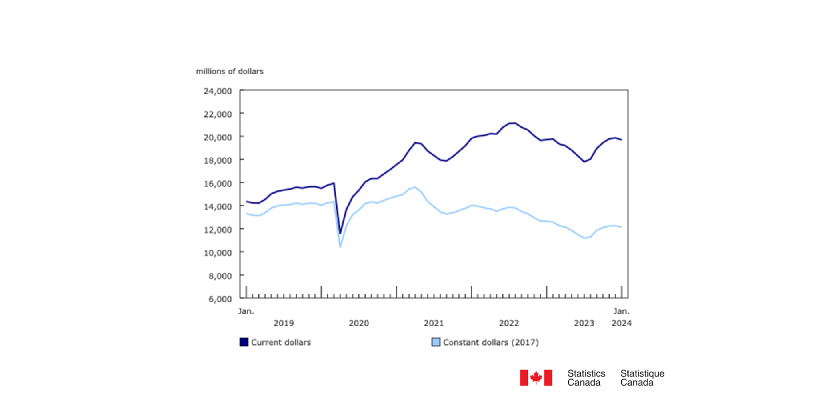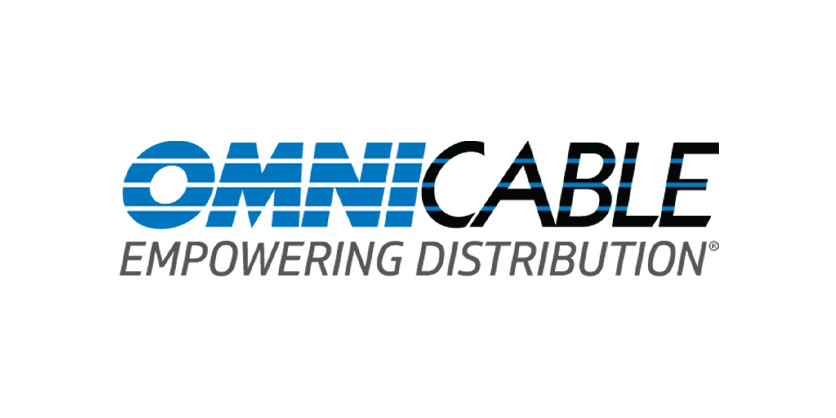How to Have a Hassle-Free Tax Season: 3 Tips for Small Business Owners

September 28, 2017
By Julie Morris
Small business owners usually cringe at the thought of tax season. They are busy enough with their daily operations that they don’t want to spend all of their time and energy getting ready to file on time. They also may dread the thought of paying more in taxes than they feel they should. While small business owners cannot avoid taxes altogether (even though they wish they could), they can take some steps now to avoid the hassles that typically come at tax time.
Consult last year’s return
One of the best moves small business owners can make now to prepare for the upcoming tax season is to review last year’s return carefully. You may realize that you missed some deductions or expenses that you want to be sure to take advantage of this year. Or, you may realize that you underestimated this year’s taxes and need to start saving now.
On the other hand, if looking at last year’s return makes you feel completely overwhelmed, it’s time to invest in tax software or hire an accountant or tax lawyer who specializes in small business taxes. Sometimes it’s better to admit defeat, utilize the tools and resources available to you, and leave the hassle to someone else. It’s also important to note that it’s not advisable to wait to consult with a tax attorney or hire an accountant. These professionals become swamped after the first of the year and may not be able to schedule an appointment with you if you wait too long to reach out for help.
Have your records in order
Even if you are diligent about keeping receipts, a tax organizer or tax diary is a must. It’s also critical that small business owners keep their expense logs separate from their tax organizers, especially because high-quality tax organizers cover all of the questions the CRA will want answers to regarding travel, entertainment, and expenses should you be audited. Small business owners who keep tax organizers are better protected if they are audited because the burden of proof rests on the CRA when they have all of their expenses and taxes in order and logged properly.
Be diligent about deductions and expenses
While you are keeping your records in order, you need to be diligent about it. Taking legitimate deductions is one of the best ways to lower your tax liability, but without the proper documentation, it is difficult to take the deductions and arm yourself should auditors come calling. It’s also a good idea to decide now whether you are taking the home office deduction or not; if you have a dedicated space in your home where you conduct business and nothing else, you are entitled to the home office deduction.
Categorizing expenses as equipment instead of supplies can cause a lot of headaches when it comes time to file your taxes. Keep in mind that supplies are things that you use during the year and replenish frequently, such as printer paper, pens, staples, file folders, and printer ink. On the other hand, equipment typically includes items that are more expensive and that last longer than a year. Equipment usually includes computers, software, furniture, and servers. You also should decide now whether you are going to write off the whole cost of new equipment this year or take depreciation over several years.
As a small business owner, you have the power to make your tax season hassle free if you learn from past years and take advantage of available tools and resources, have complete records in place, and correctly categorize deductions and expenses.
Julie Morris, a life and career coach, is a guest blogger in this issue for Shawn McCadden. Find out more about Julie: http://juliemorris.org
Shawn McCadden is a consultant, educator and speaker who offers business consulting and coaching services for remodelling business owners who want more for and from their businesses and their lives. He also consults with construction-related product manufacturers and suppliers, helping them understand, find, educate and better serve remodelers. Check out Shawn’s website http://www.shawnmccadden.com/ and blog www.shawnmccadden.com/Subscribe-to-The-Design-Builders-Blog





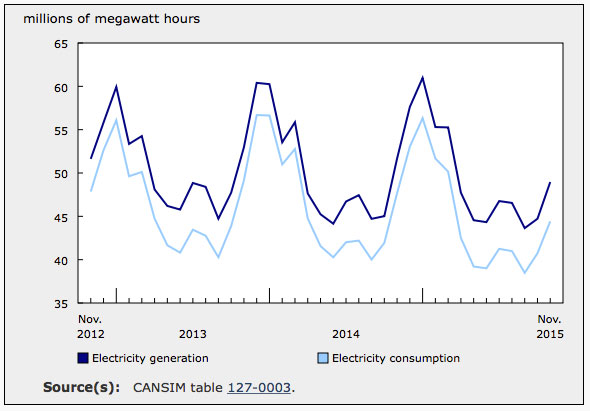
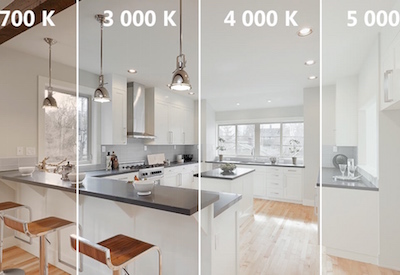

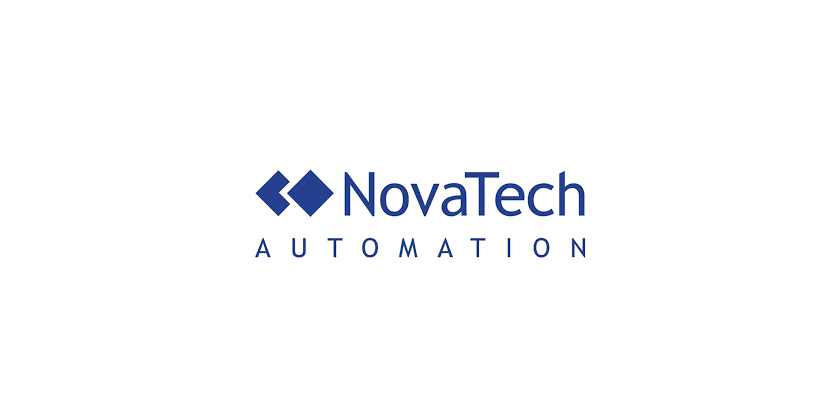
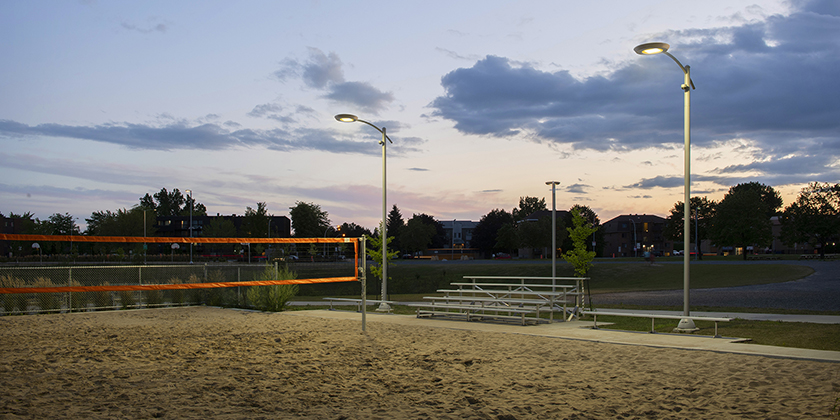
![Guide to the Canadian Electrical Code, Part 1[i], 26th Edition – A Road Map: Section 10 – Grounding and Bonding](https://electricalindustry.ca/wp-content/uploads/2022/11/Guide-CE-Code-2.png)
